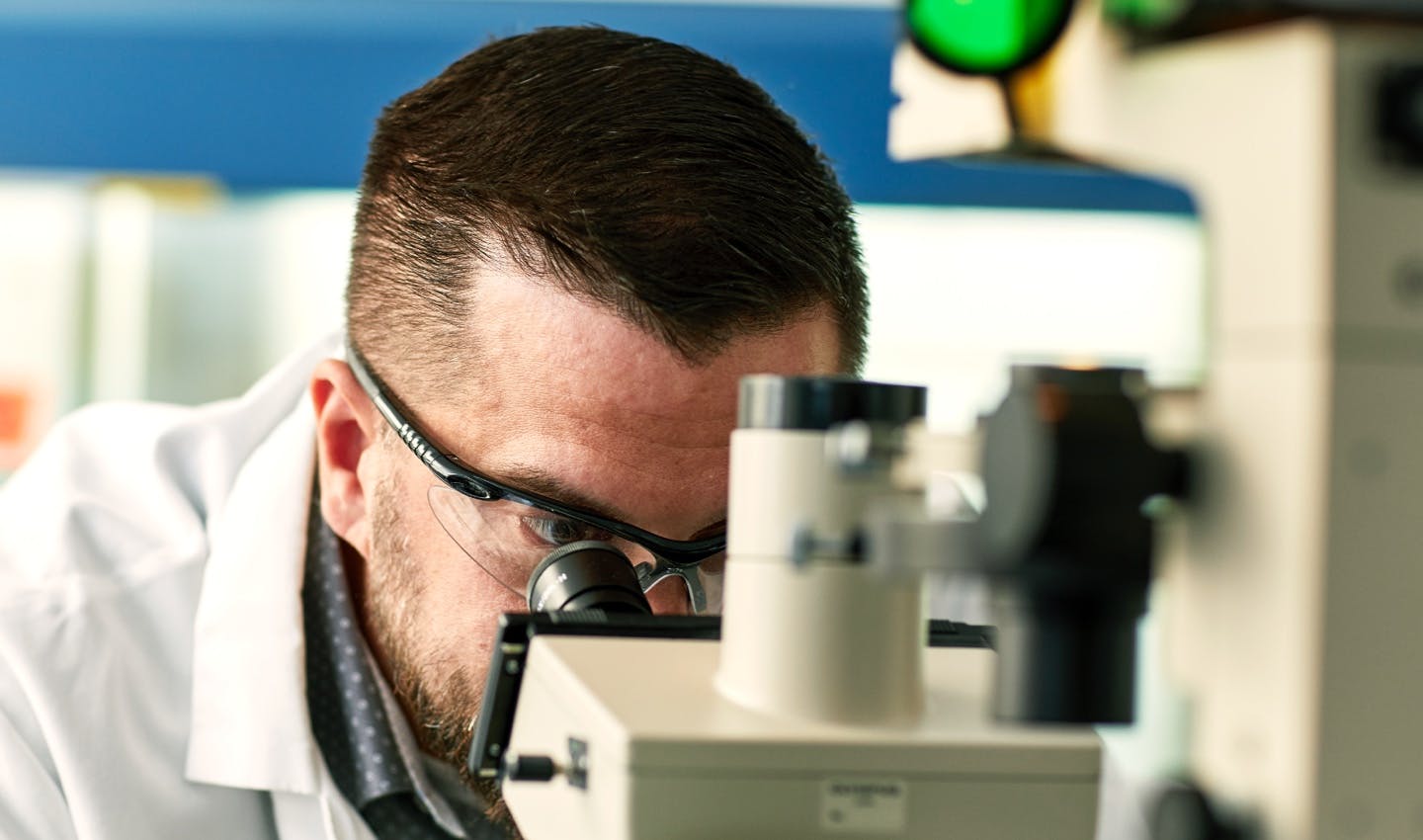INSPIRING STUDY
INSPIRING is a Phase 3b randomised, multicentre, open-label, non-comparative, active-controlled study in ART-naïve patients with HIV-1 with drug-sensitive TB (N=113).
This study was designed to assess the antiviral activity and safety of DTG-based ART among ART-naïve patients with HIV-associated, drug-sensitive TB. HIV-1 positive patients receiving rifampicin-based TB treatment starting up to a maximum of 8 weeks before randomisation and no later than the screening date were eligible. Participants were randomly assigned DTG (50 mg twice daily during TB treatment, then 50 mg once daily) or EFV (600 mg once daily), with two NRTIs. Eligible participants were randomly assigned (3:2) to receive DTG or EFV. Primary analysis occurred at Week 48, with secondary analysis at Weeks 24 and 48. Following the 52-week randomised phase of the study, participants could continue their ART in an open-label extension phase.1,2
Study design:1
Primary endpoint:1
Proportion of participants in the DTG arm with plasma HIV-1 RNA <50 copies/mL at Week 48, using the modified FDA snapshot algorithm in participants who received at least one dose of a study drug.
Results/outcomes:1
- DTG treatment was efficacious in patients with HIV-1 receiving rifampicin-based TB treatment
- 81% achieved virologic success at Week 24 (95% CI: 72–90%)
- 75% achieved virologic success at Week 48 (95% CI: 65–86%)
- 88% of participants achieved TB treatment success, with no treatment failures
- 82% of the EFV arm achieved virologic success at Week 48 (95% CI: 70–93%)
- DTG trough concentrations using 50 mg twice daily with rifampicin-based TB treatment were similar to those achieved with DTG 50 mg once daily and no TB treatment
- DTG was well tolerated
- Grade 3 and 4 AEs were rare in both arms
- Reported cases of TB-and non-TB IRIS were low in both arms
- TB-associated IRIS; 4 (6%) and 4 (9%) in the DTG and EFV arms, respectively
- Non-TB IRIS; 2 (3%) in the DTG arm
- There were no deaths, changes in ART or discontinuations due to AEs in the DTG arm
- No participants discontinued the study due to IRIS
- No NNRTI or NRTI resistance was detected through to 52 weeks with DTG
References:
- Dooley KE, et al. Clin Infect Dis. 2020;70:549–556.
- Dooley KE, et al. 22^nd^ International AIDS Conference 2018; Amsterdam, the Netherlands. Slides TUAB0206
PM-GB-DLL-WCNT-210002 | April 2021
Adverse events should be reported. Reporting forms and information can be found at www.mhra.gov.uk/yellowcard or search for MHRA Yellowcard in the Google Play or Apple App store. Adverse events should also be reported to GlaxoSmithKline on 0800 221441.
If you are from outside the UK, you can report adverse events to GSK/ViiV by selecting your region and market, here.


